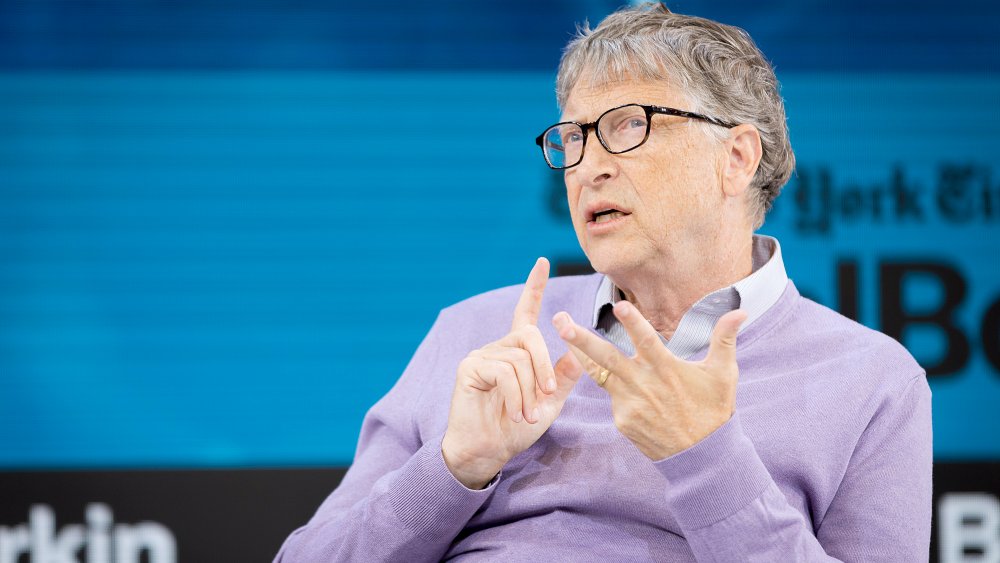Inventions Bill Gates Thinks Will Change The World
Microsoft is one of the most profitable corporate enterprises in the history of – well – profit. Company founder Bill Gates made himself the second richest person in the world through his ability to anticipate which technologies on the horizon will radically change the course of human history, and then manifest those technologies into existence. When that guy tells you certain future technologies are worth paying attention to, it's probably a good idea to take a listen.
In recent years, Gates has shifted his energies from corporate maneuvering to philanthropic endeavors. He and his wife Melinda have been especially active in the areas of education, infrastructure and public health. The two of them, through their various foundations, have been effective at leveraging cash and technology to deliver incredible humanitarian outcomes in the developing world. This work has given him a perspective on futurism that goes far beyond the realm of computing. From biotechnology to waste management to green energy, Gates is on the record advocating for several upcoming advances that will radically improve the human experience. Here are just a few:
Gates sees advances in public health on the horizon
More than 15 million infants are born preterm every year. These babies suffer from a plethora of health conditions, including an infant mortality rate in excess of 6%. Gates believes that in the near future, doctors and nurses will be able to use a simple blood test to determine in utero if a child is at elevated risk to be born premature. Early ID would allow medical professionals to intervene with the pregnancy before it's too late, and hopefully bring that mortality rate closer to the (much lower) average across all births.
For Gates, battling cancer is also on the docket. According to the World Health Organization, cancer remains one of the leading causes of death worldwide. Imagine if your doctor had the ability to retroactively engineer a vaccine derived from your unique genome that could fight off any cancer, at any stage. Gates says that remarkable future may someday be a reality. He sees immunotherapies that trigger a patient's natural immune system to destroy cancer cells ultimately replacing chemotherapy, and ushering in a new age of oncological success.
Technology will be critical in the fight against climate change
You've heard the clarion call before: reduce your carbon footprint or else we're going to render this planet uninhabitable within a generation. Most of our efforts to fight climate change so far have been focused on reducing our carbon output. But what if we could actually pull carbon back out of the atmosphere? According to the UN, reducing our output may not actually be enough to protect the environment from the worst potentialities of climate change. We likely need to extract as much as 1 trillion tons of CO2 from the atmosphere to avert disaster. Gates believes that nascent carbon recapture technologies may actually be nearing the point where this lofty goal becomes a reality.
The flipside of the need for carbon recapture technology, is our need to find a viable source of renewable energy. The age of fossil fuels is drawing to a close. Gates told Time Magazine that he recently visited a lab at Caltech where researchers were developing methods for converting solar energy into usable fuel. These methods included a genetically engineered algae that photosynthesizes sunlight and secretes fuel. Although he describes the technology as "a long way off" from usability, Gates is hopeful we will one day get all the energy we need from the sun. If so, the future is bright.


